Ants are attracted to water sources, which can be found in sinks, bathrooms and anywhere else there is water or moisture. On the way to a water source if there is a crumb, a smear of sauce or breadcrumbs left unswept, said ants will stay for a while. The ones you see first in the warmer weather are known as little black ants, common ants, or odorous house ants.
There are three types of ants that are of a concern in western NJ, some infestations you may be able be able to resolve on your own, others, you would need to bring in a professional like Victoria’s Pest Control.
Odorous house or black ants:
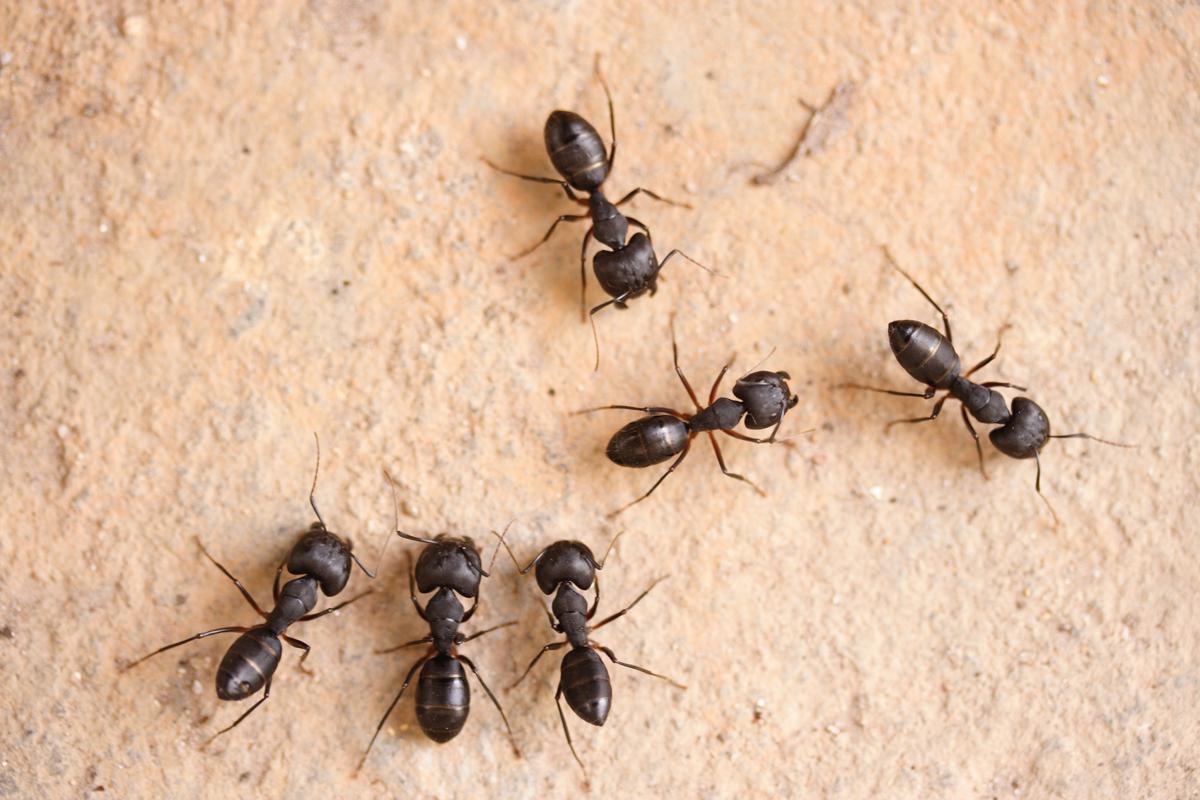
- They are named for the almost sweet smell they give off when they are crushed.
- These ants are attracted to food left behind in trash cans and countertops.
- Their small size means they get into your home through tiny openings and cracks.
- With this type of ant colony there will be more than one queen, meaning many eggs which can produce swarms of ants in your home.
- Do it yourself methods include: Place a few drops of peppermint oil on a cotton ball and use it to wipe suspected areas. A spray of one-part vinegar or lemon juice and 3 parts water. Sprinkle food-grade diatomaceous earth (DE) around cabinets and trash areas. The microscopic razor-sharp edges of DE cut through the ants’ exoskeletons, causing their body to dry out.
Carpenter ants:
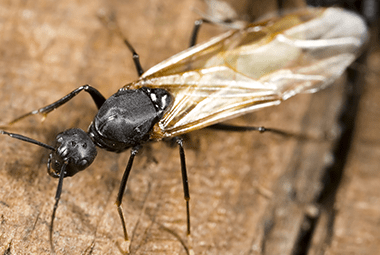
- Usually found in damp parts of the woods, carpenter ants create colonies by chewing up damp pieces of wood with their strong jaws. They do not consume the wood the way termites do, but rather use it as the foundation for their homes as they create intricate tunnels in the walls of your home.
- They are about three times the size of house ants.
- They love areas around windows, under eaves and in decks and porches for the moisture content in the wood. They are known to have a single parent colony and several other branches that spread out in all directions. While carpenter ants are typically not dangerous to humans,they are destructive to your home.
- Carpenter ants invade properties while foraging for food and shelter. Inside they are often attracted to structural or foundation wood that has been previously damaged by water. They will invade the wood creating tunnels and nesting galleries; leaving their tunnels to forage for food in your home’s kitchen and pantry areas. If left untreated these tunnels and nesting areas that they create can eventually weaken the structural integrity of a home or other property.
Pavement ants:
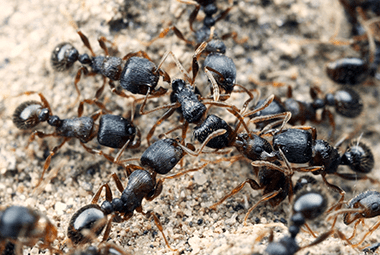
- Pavement ants are usually brownish or black with antennae. Frequently found in masses on sidewalks in the spring where food has been dropped.
- Pavement ants are opportunistic, eating anything they can forage. These ants love to nest under pavement, stone, wood, and building slabs and can swarm inside of buildings built on slabs, especially during the spring months.
- They are difficult to exterminate as they swarm beneath the foundation of your home.
Other ants that can be found in western NJ to a much lesser extent are Crazy Ants, Acrobat Ants and Pharaoh Ants..
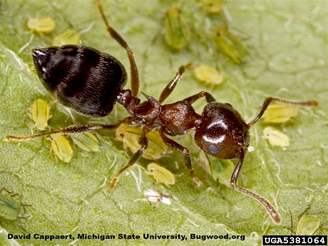
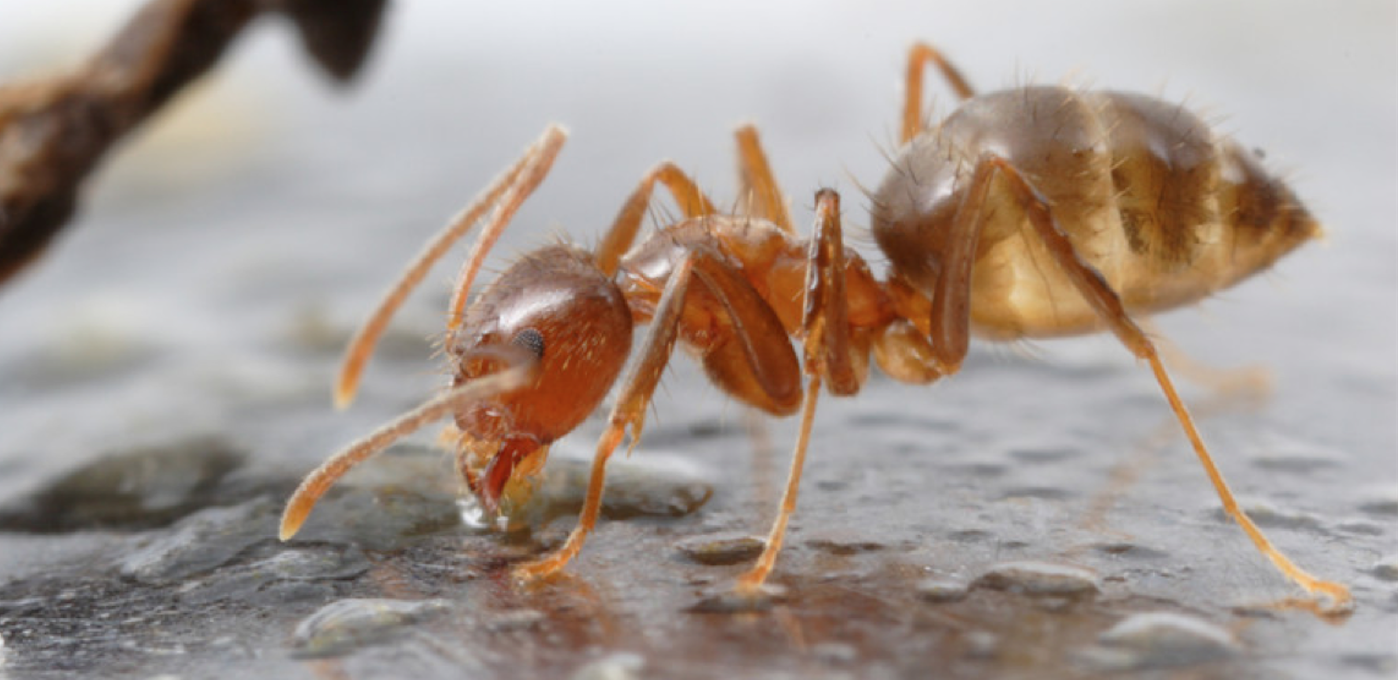
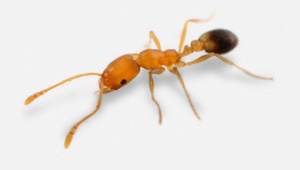
Pharaoh Ants move inside of homes and between homes using electrical wires and cables. Pharaoh ants are dangerous because they contaminate food sources, and they carry and transmit diseases including salmonella and Streptococcus.
These ants have also been seen in many parts of New Jersey. Ants might be apart of the fabric of life in New Jersey, but they do not need to be in your home. Calling Victoria’s Pest Control is your first step in regaining control and safety of your home.

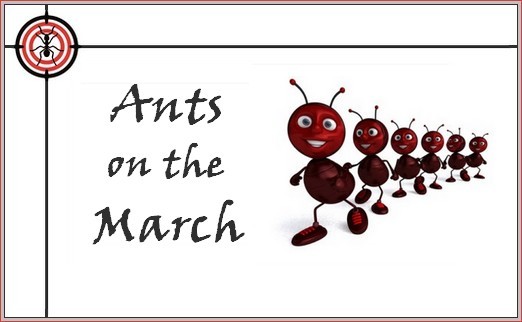
Recent Comments